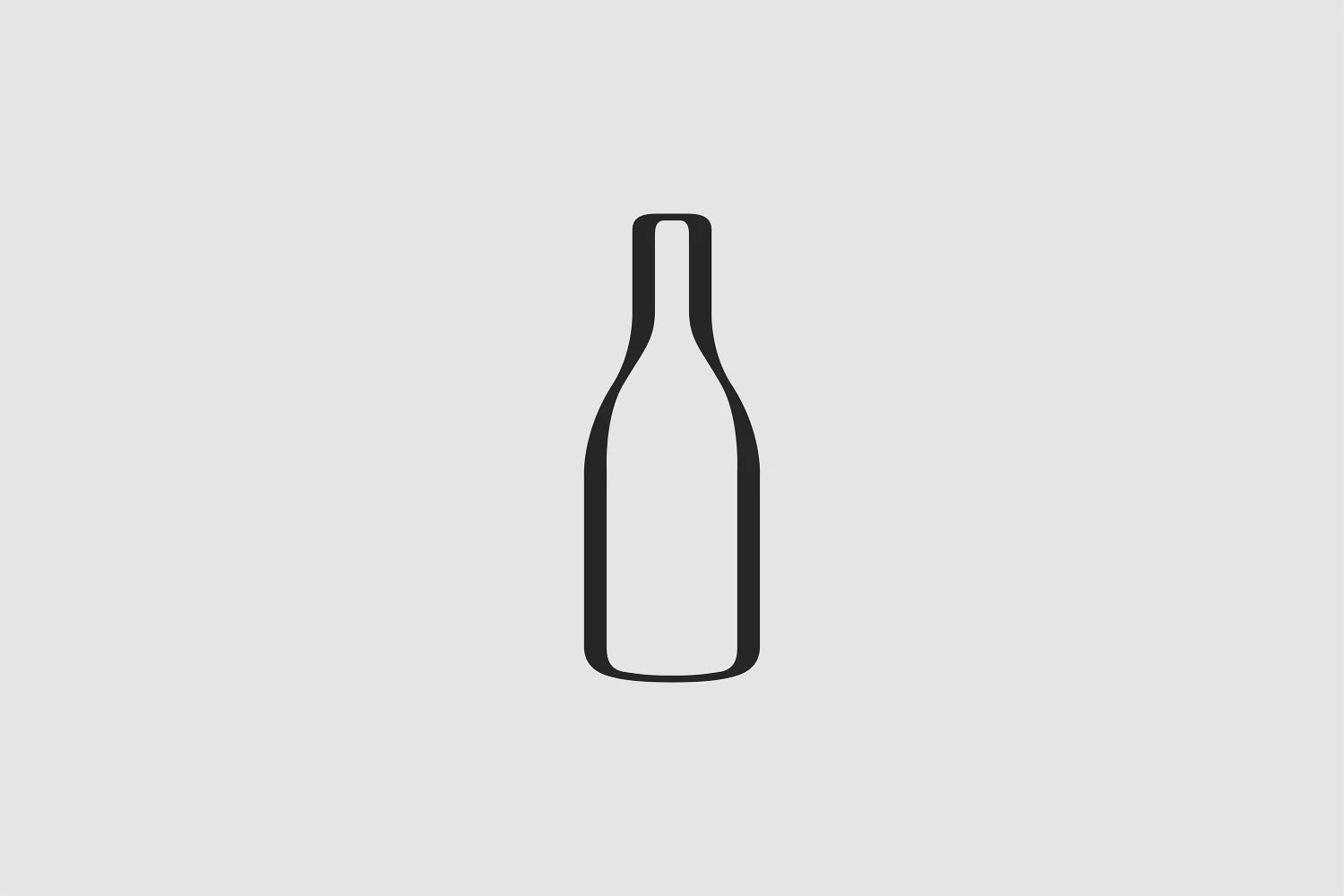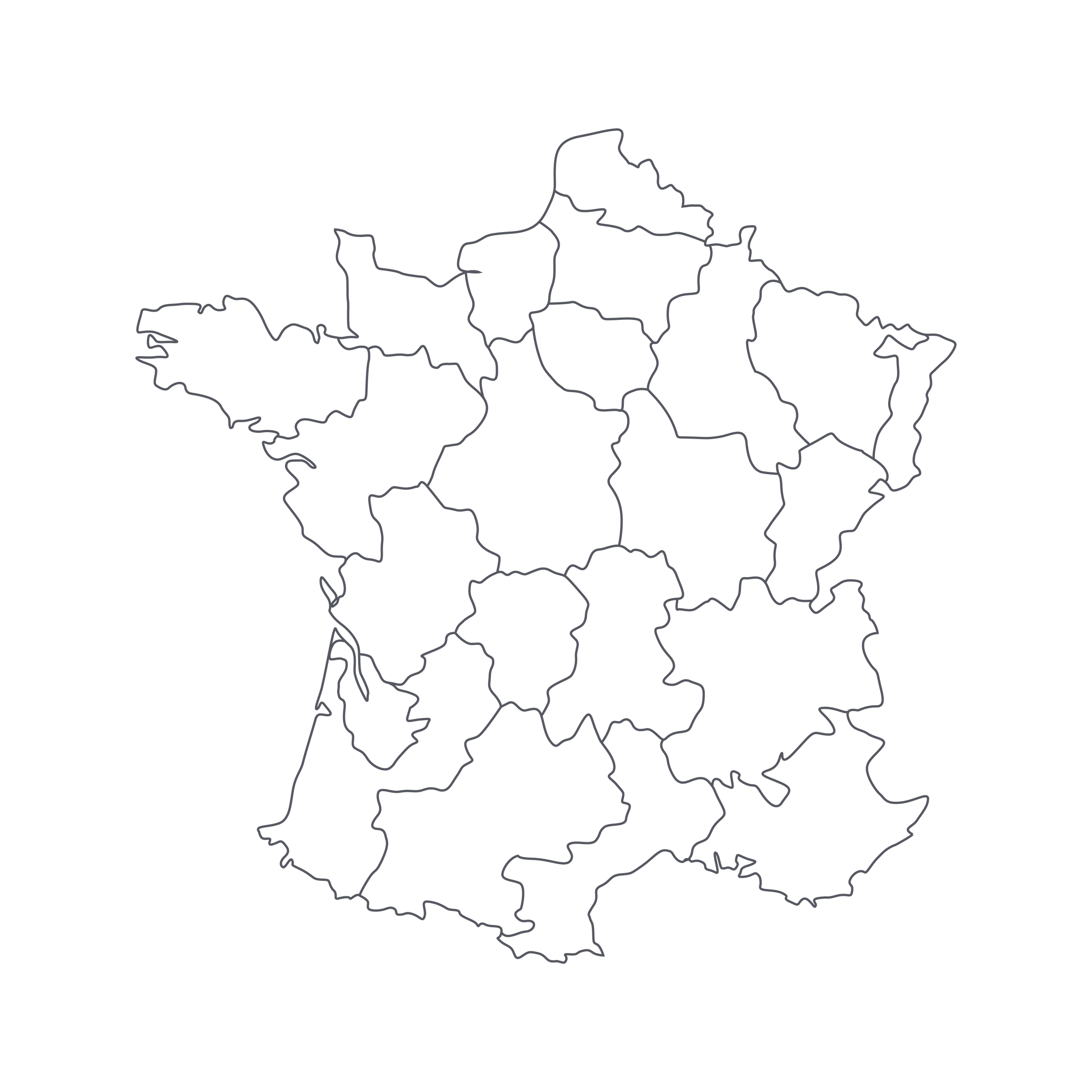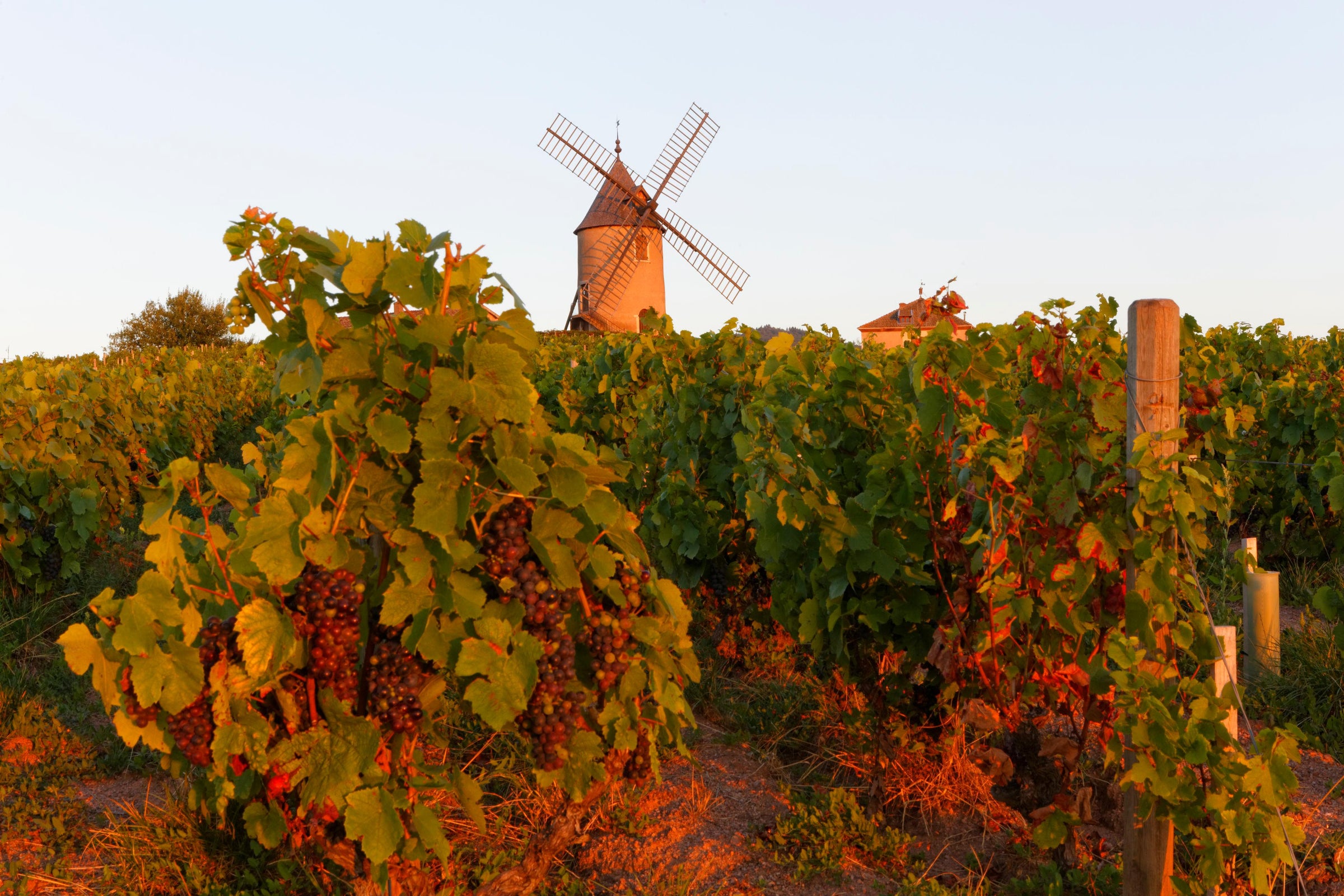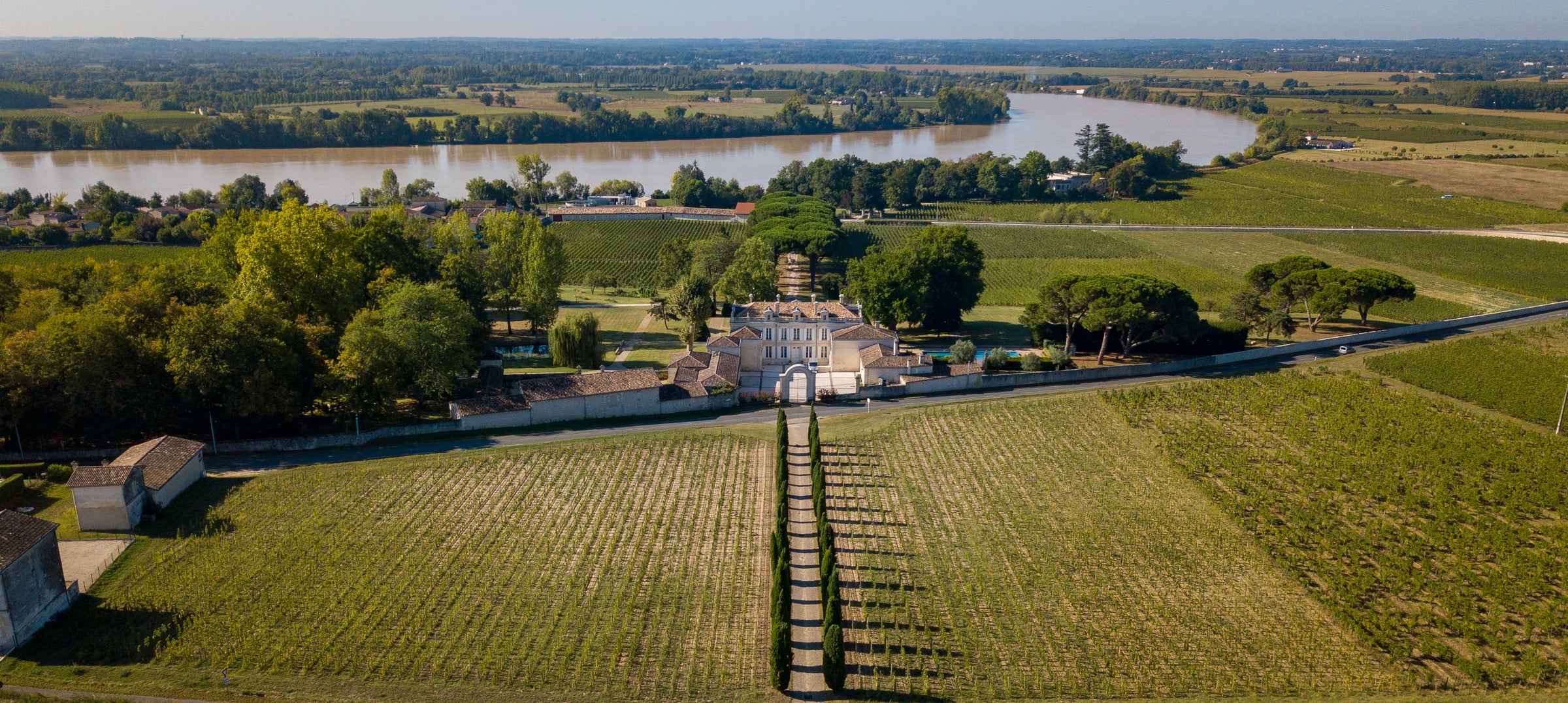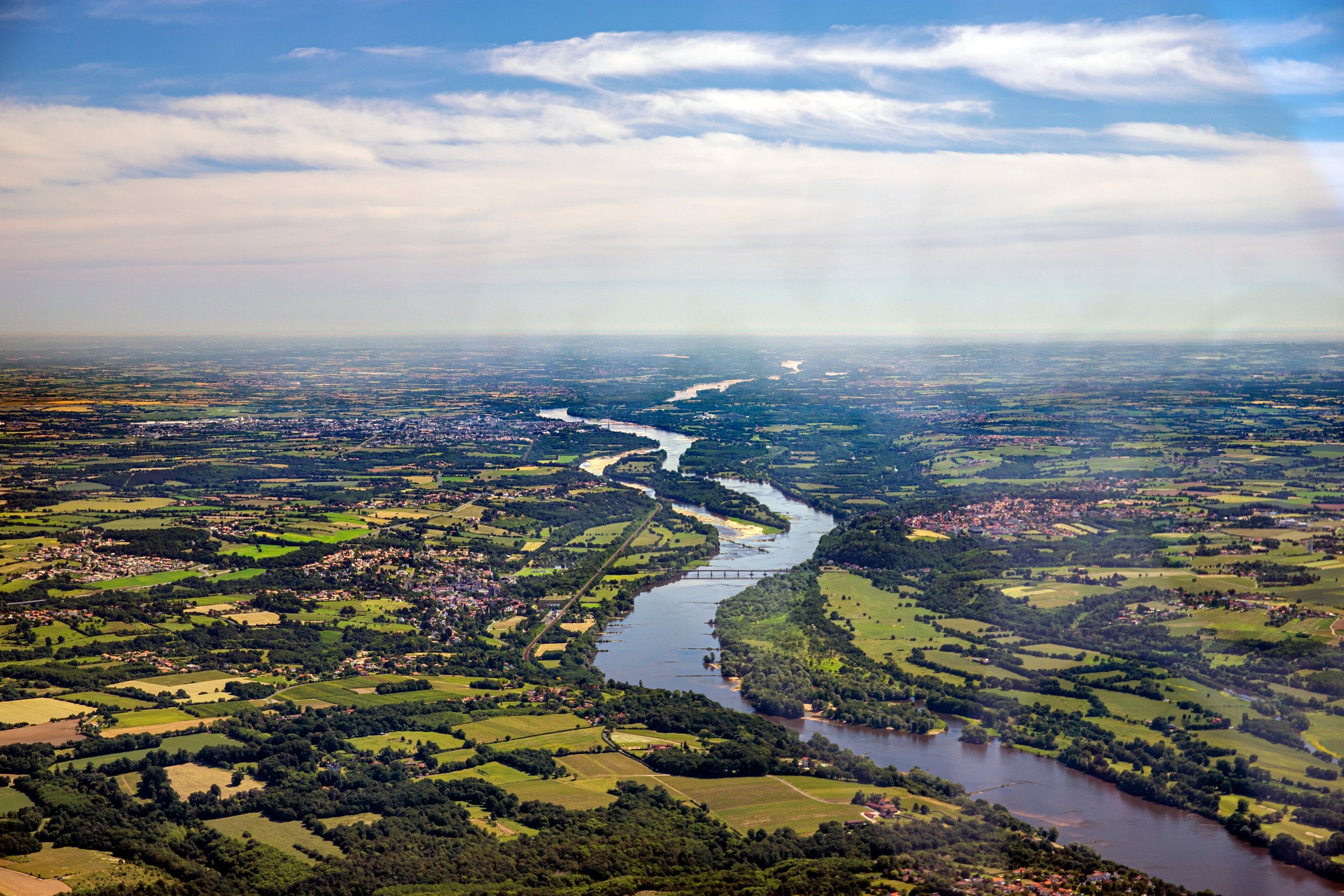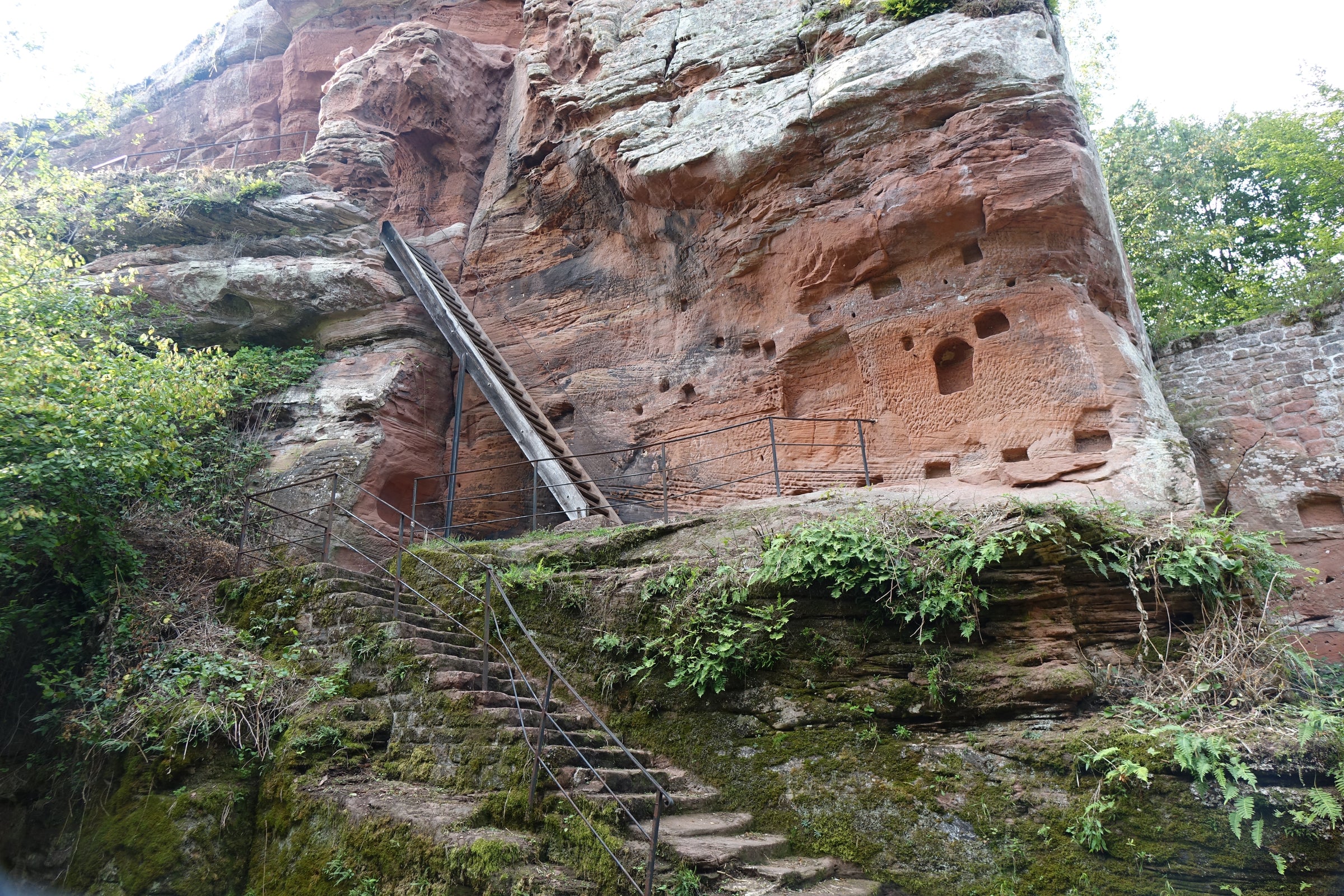Talk about holding out hope: Over the last five vintages, we’ve never once offered, let alone had the opportunity to offer, Lionnet’s rarely seen ‘Terre Neuve,” a profoundly rich and exquisite Syrah bottled in infinitesimal quantities. Every year, when the 20 or so cases allotted for America are unloaded, they instantly evaporate into the restaurant and retail channels of NY/CA/FL. So, per usual, when we learned the new vintage was crossing the Atlantic, we assumed not a single bottle would make it into our hands—that is until Domaine Lionnet’s Brando-in-disguise importer offered us a deal we couldn’t refuse: If we took the entire allocation, they’d deliver it directly to our warehouse. Done. When it arrived, we cracked a bottle and everyone huddled together for a pour. It stunned us.
Coming from a family trained in 445 years of continuous grape-growing on the hillsides of Cornas, Lionnet’ fierce loyalty to tradition and organics in the Northern Rhône is on full display here. Simply put, today’s “Terre Neuve” Saint-Joseph is a paragon of old-school Syrah: handpicked, foot-stomped, naturally vinified, neutral-barrel aged, unfined/unfiltered. There’s a reason we’ve been dying to get our hands on this painfully limited bottling—it's the kind of wine we live for, and one we may not see again. Up to six bottles per person.
We all know the expression “bigger is better,” but as I’ve written before, the opposite is often the case in the world of wine. Smaller vineyards, smaller cellars, and a focused and humble approach to one’s work reliably deliver the most soulful and impressive results. Domaine Lionnet is tiny: this is a one-man-show that produces a few hundred cases of wine from a mere three hectares of vines, and not too much has changed since the family began farming this hillside in 1575. Vines are grown 100% organically, and all labor—including the grueling work of maintaining stone terraces—is done by hand. Simply put, the wines produced here are designed to be treasured for many years. In the cellar, Lionnet bottles Cornas with a philosophy that pays duly flattering homage to the old guards, i.e. painstakingly handmade wines.
Today’s rarely seen “Terre Neuve” bottling is the Lionnet family’s only Saint-Joseph bottling. It originates from two micro-parcels—one young and the other nearing 70 years of age—that don’t even amount to a single hectare. While it has become fashionable for properties to separate their Northern Rhîone bottlings into an individual single-vineyard “luxury” cuvée, the traditional method—and that of the Lionnet family—is to combine parcels into one wine that communicates the totality of this timeless terroir. This antique approach extends to the cellar, where all wine travels from press to barrel via gravity flow, no additives or filtration is used, and the wine is left to age in old French barrels and demi-muids for 18 months.
As with all great traditional Syrah, the wine benefits considerably from further time reposing in bottle before drinking. That said, shockingly, Lionnet’s 2018 “Terre Brulée” Saint-Joseph is already a beauty after a 60-minute decant. The hard edges of young Cornas do not exist here, instead, bountiful layers of intense, dark-fruited polish and gorgeously supple tannins swirl about. While the inky, dark-purple core foreshadows the immense power and muscularity of this wine, the nose emits a much different tune—one of breathtaking elegance and finesse. It erupts with blak cherry liqueur, black raspberry, huckleberry, star anise, crème de cassis, crushed violets, olive, grilled meat and herbs, crushed rock, and finely crushed black pepper. It’s unapologetically and unmistakably elite Northern Rhône Syrah that dances across your taste buds and leaves a rustic mineral impression alongside a hedonistic core. Enjoy one bottle in Burgundy stems over an evening or two, and allow your others to evolve in your cellar over the coming years because Lionnet is known for producing powerfully evocative reds of seemingly infinite aging potential. Cheers!
